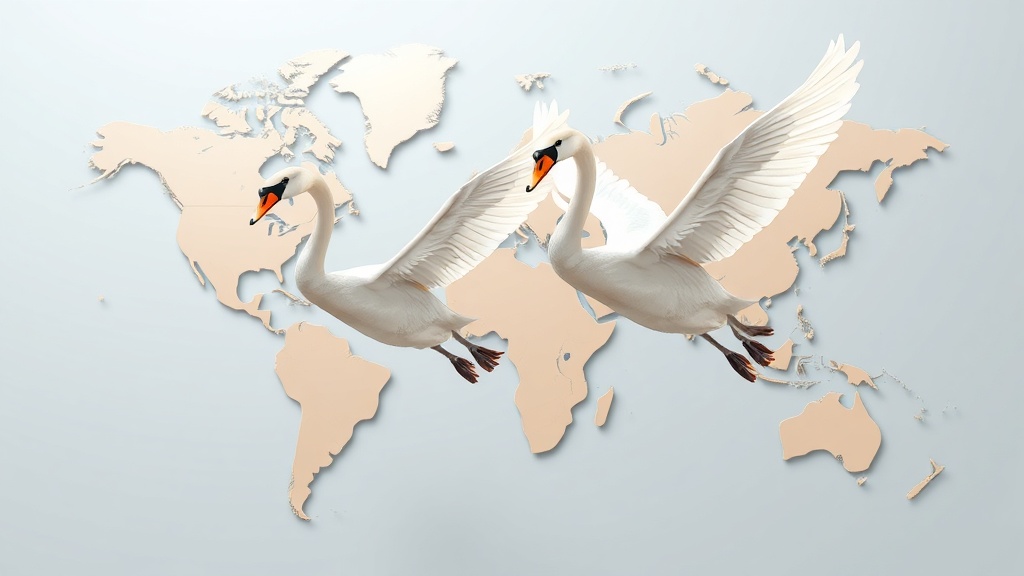Home / Environment / Seabirds Surf Hurricanes to Feast on Deep-Sea Prey
Seabirds Surf Hurricanes to Feast on Deep-Sea Prey
16 Oct, 2025
Summary
- Desertas petrels actively chase hurricanes to find deep-sea prey
- Nightingales' migration routes threatened by climate change, habitat loss
- Bewick's swans shorten migrations as Europe warms

In 2025, scientists are using GPS tracking to uncover remarkable insights into the ancient and mysterious migrations of various bird species. One of the most fascinating discoveries is the behavior of the Desertas petrel, a storm-chasing seabird that seeks out hurricanes to find deep-sea prey.
These tiny birds, no bigger than pigeons, breed on a single deserted island off the coast of North Africa. One of the tracked birds, named Marlo, was observed chasing a tropical storm for 19 days, covering nearly 7,000 miles and reaching speeds of 41 mph. Researchers believe the petrels use changes in air pressure, cloud patterns, and wave swells to locate these storms, which churn up nutrient-rich waters that attract their prey.
While the Desertas petrels' migration is a remarkable feat of endurance, other birds are facing new threats. The nightingale, a migratory songbird, is experiencing a 91% population decline in Britain over the past 50 years due to habitat degradation at both ends of its migration route. Droughts, wildfires, and a growing human population in its wintering grounds in West Africa have reduced the quality of its habitat.



